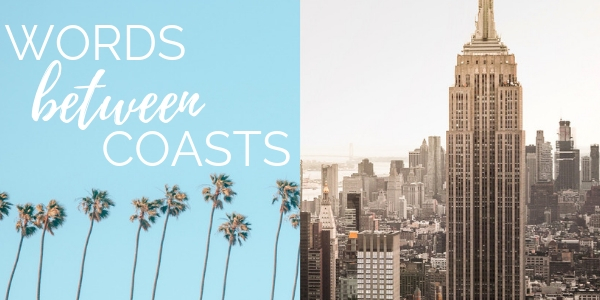Editor’s note: With an eye towards inclusivity and having done research on the subject, we have decided to publish this article stating that demisexual people are part of the LGBTQIA+ community. We hope this helps garner further discussion as definitions and labels continue to evolve.
A couple of months ago, I finally came out to my family as demisexual.
I had kept it a secret for 11 years. If you are demisexual, you find those with whom you have an emotional connection attractive. During this process of finally coming out to my family and my friends, I tend to think about ways to support those with disabilities in the LGBTQIA+ community.
Make LGBTQ Pride events more accessible for those with disabilities
Over the years many people with disabilities in the LGBTQIA+ community have complained about lack of accessibility at events. I think if we focused on accessibility at pride events for those with disabilities we would feel more included and more accepted in the LGBTQ Community.
Being a listening ear for those with disabilities in the LGBTQIA+ community
This comes a long way and helps us feel like we are being heard and matter. A lot of the time we tend to feel unnoticed by society because of our disabilities, even in the LGBTQIA+ community. People still have the misconceptions that people with disabilities aren’t able to identify their sexuality and be comfortable in their own skin when that is far from the truth. That’s why I feel that it’s essential that people take the time out and listen to us and our stories to help the LGBTQIA+ community become more supportive of those with disabilities.
Don’t pray for us
When a person with a disability comes out and identifies their sexuality, don’t ask if you can pray for us. I told certain people that I officially identify as an Afro-Latina woman who is disabled and demisexual. They said to me, “I’ll pray for you since having Cerebral Palsy and being demisexual must be tough”. Saying you’re going to pray for us doesn’t help. Instead of offering prayers, offer us guidance and support. That’s what we need to overcome the challenges and obstacles that we face.
Take it day by day with us
Being disabled in the LGBTQIA+ community takes its toll. We’re slowly discovering who we are as a whole. The best way to support us is to take it day by day and allow us to process our emotions. We find it easier to understand where we’re headed with this mindset.
Share our stories with media outlets
In order to spread awareness about people like us in the LGBTQIA+ community, help us tell important stories. I strongly believe that if more and more news and social media outlets share the story of those in the LGBTQIA+ community with disabilities, it’ll be one step closer to us having a home. It’ll also contribute to having a better understanding of what it’s like to have a disability. Maybe it’ll even instigate good changes regarding lack of accessibility and lack of placement within pride events.
We should celebrate everybody in the LGBTQIA+ community. We are all a part of something that makes us unique and diverse within our own stories and within ourselves.






